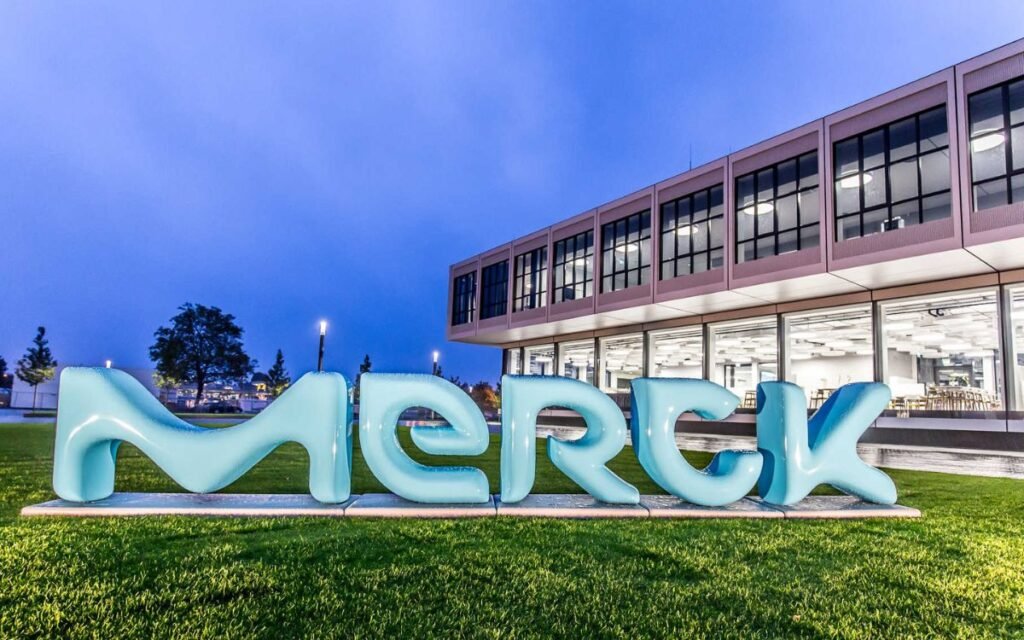Merck KGaA is making a strategic move in the field of PARP inhibitors, investing a substantial 160 million euros ($169 million) to secure rights for a PARP1 inhibitor known as HRS-1167, excluding China, from Jiangsu Hengrui Pharmaceuticals. This significant financial commitment is further reinforced by the potential for up to 1.4 billion euros in milestone payments, signifying Merck’s strong dedication to advancements in the cancer treatment landscape.
The landscape for PARP inhibitors has been fiercely competitive, with AstraZeneca’s Lynparza making its mark in 2014 and Zejula, now owned by GSK, entering the U.S. market in 2017. However, Merck and Hengrui see an opportunity to enhance this class of medications. The focus of their collaborative effort is on addressing the limitations associated with current PARP inhibitors, notably the hematologic toxicity that affects dosing and their potential for combination therapies. Lynparza and Zejula inhibit both PARP1 and PARP2, the latter being involved in the development of blood cells. Recognizing that the efficacy of these treatments is primarily linked to PARP1 while toxicity is associated with PARP2, a PARP1-specific inhibitor could offer the benefits of Lynparza and Zejula without the adverse effects. This concept has garnered interest from various pharmaceutical companies, with AstraZeneca leading the way in exploring selective PARP1 inhibitors through clinical trials, and Gilead acquiring XinThera to bolster its preclinical-stage PARP1 drug candidate.
Also Read: Imfinzi And Lynparza Combo Improves Survival In Endometrial Cancer Trial (ESMO 2023)
Merck’s decision to invest in HRS-1167 aligns with its broader strategy, as the company is actively pursuing DNA damage response (DDR) targets such as ATR, ATM, and DNA-PK. The aim is to leverage these DDR targets alongside different approaches for cancer treatment. The acquisition of a safer PARP inhibitor opens doors to potential combination therapies, unlocking new possibilities in the fight against cancer.
Eleven months ago, Merck KGaA obtained the opportunity to license Nerviano Medical Sciences’ candidate, NMS-293, with the potential for upfront and option fees totaling up to $65 million.
Furthermore, the agreement between Merck and Hengrui extends beyond PARP inhibitors. It also includes an option for SHR-A1904, an antibody-drug conjugate (ADC) targeting Claudin18.2. This particular protein has garnered the attention of several key players in the pharmaceutical industry, including Amgen, Astellas, AstraZeneca, BioNTech, and Legend Biotech, who are exploring ADCs, bispecific antibodies, and cell therapies aimed at Claudin18.2. Merck recognizes the synergies between SHR-A1904 and its own preclinical and clinical ADC portfolio, which utilizes various linker payload technologies.





























